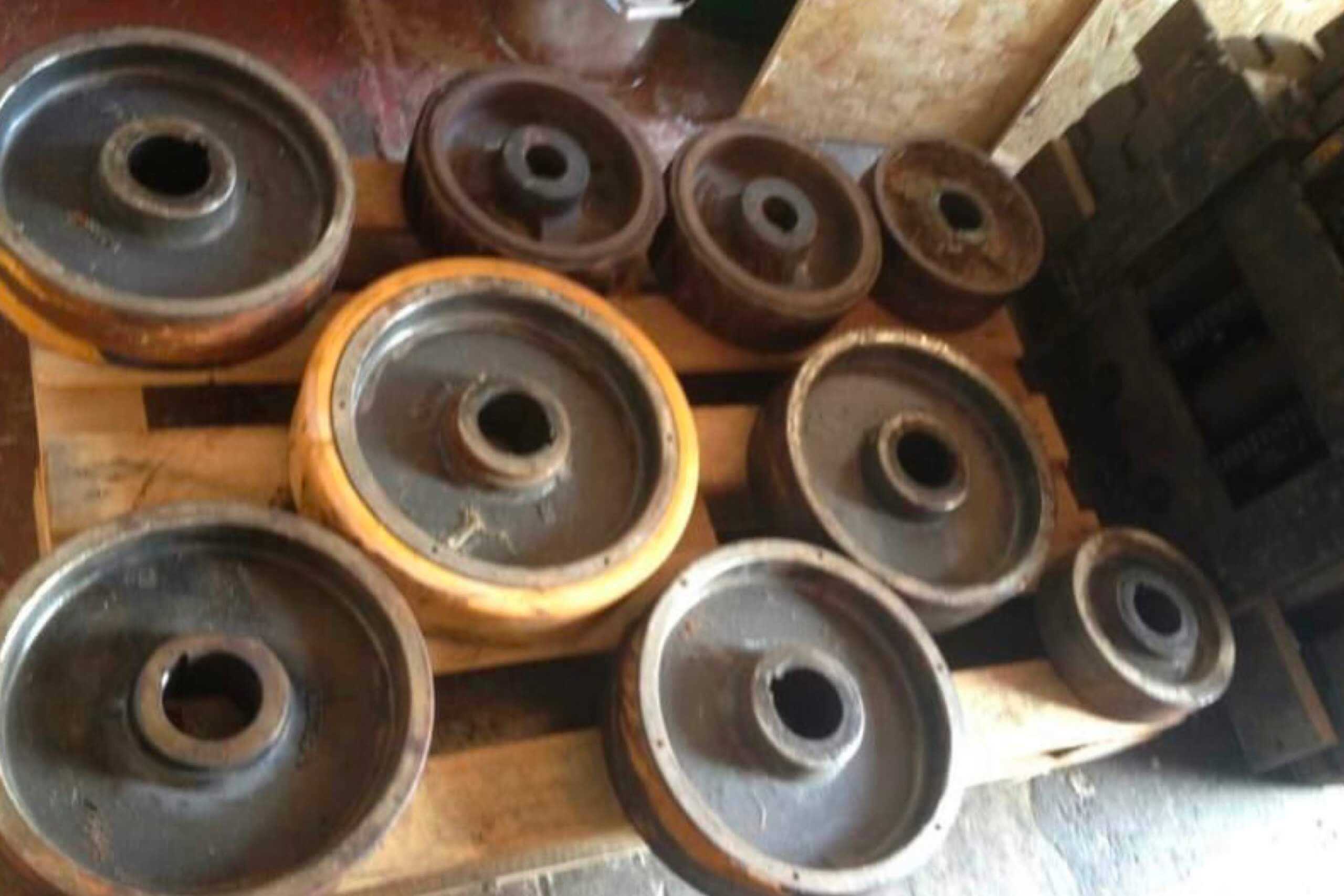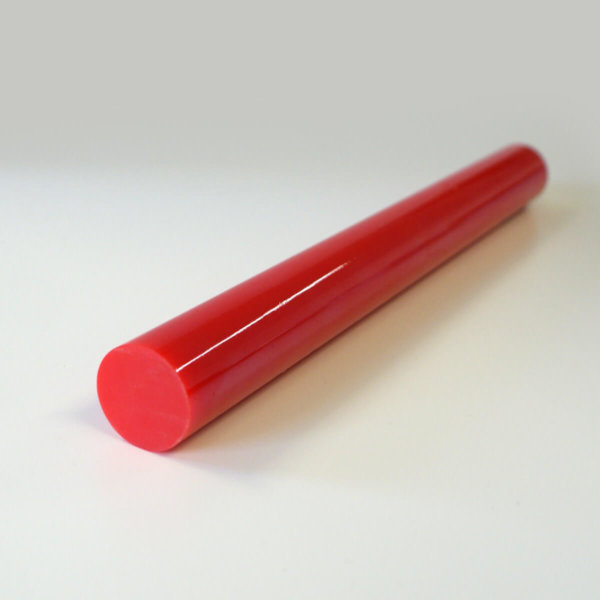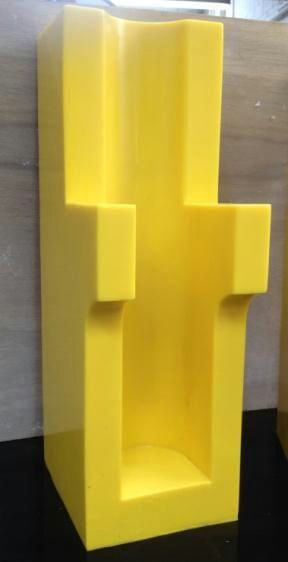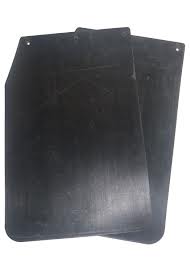Did you know that choosing polyurethane can be a sustainable option for engineering parts and products? This may lead to you questioning whether you can recycle polyurethanes too.
Pressures to find cost-effective and flawless parts and components to ‘drive the wheels of industry’ now co-exist with a strong sustainability agenda. Corporate responsibility has led to many companies abandoning plastic and looking for environmentally friendly alternatives.
As so many parts and products are now created from polyurethane, this can lead to some misinformation and confusion. Is that not a type of plastic, or is polyurethane a sustainable material? Also, can you recycle polyurethanes?
Plastic v.s. polyurethane
First, let’s pin down the difference between the commonplace plastics causing so much environmental concern, and the green factors involved in producing polyurethane.
Plastic is connected to fossil fuel shortages and a horrific amount of material going to global landfill sites or polluting the seas and land.
You need to set that aside when considering polymers, as they are a different ‘story’.
For example, polyurethanes out-last most thermoplastics. The durability of polyurethane – in a wide range of tensile measurements – means parts made from this material will last a long time before you need to make replacements. So, fewer broken or ineffectual parts are created.
The manufacturing process that creates polyurethane is also energy-efficient and uses readily available chemical components.
As technology and skills can be used to precision engineer PU parts quickly and accurately, there is little waste or time lost either!
Even how polyurethanes are used is highly beneficial to the environment. This material is a superb insulator, making it an excellent choice for construction materials.
You can even see PU’s green credentials in automotive applications and within machinery. As it is an incredibly high performance but lightweight material, it supports fuel consumption savings, further decreasing carbon footprint.
Related article: Are Polyurethane Products Toxic to Humans?
Advantages to recycling Polyurethanes
This is where polyurethane truly shines as a sustainable choice of materials for parts and components.
You can recycle polyurethanes. In fact, it is possible to recycle it multiple times, stripping out the polymers to use again. Anything that can’t be reused can be broken down completely by microorganisms that deconstruct urethane.
Where can you recycle polyurethane?
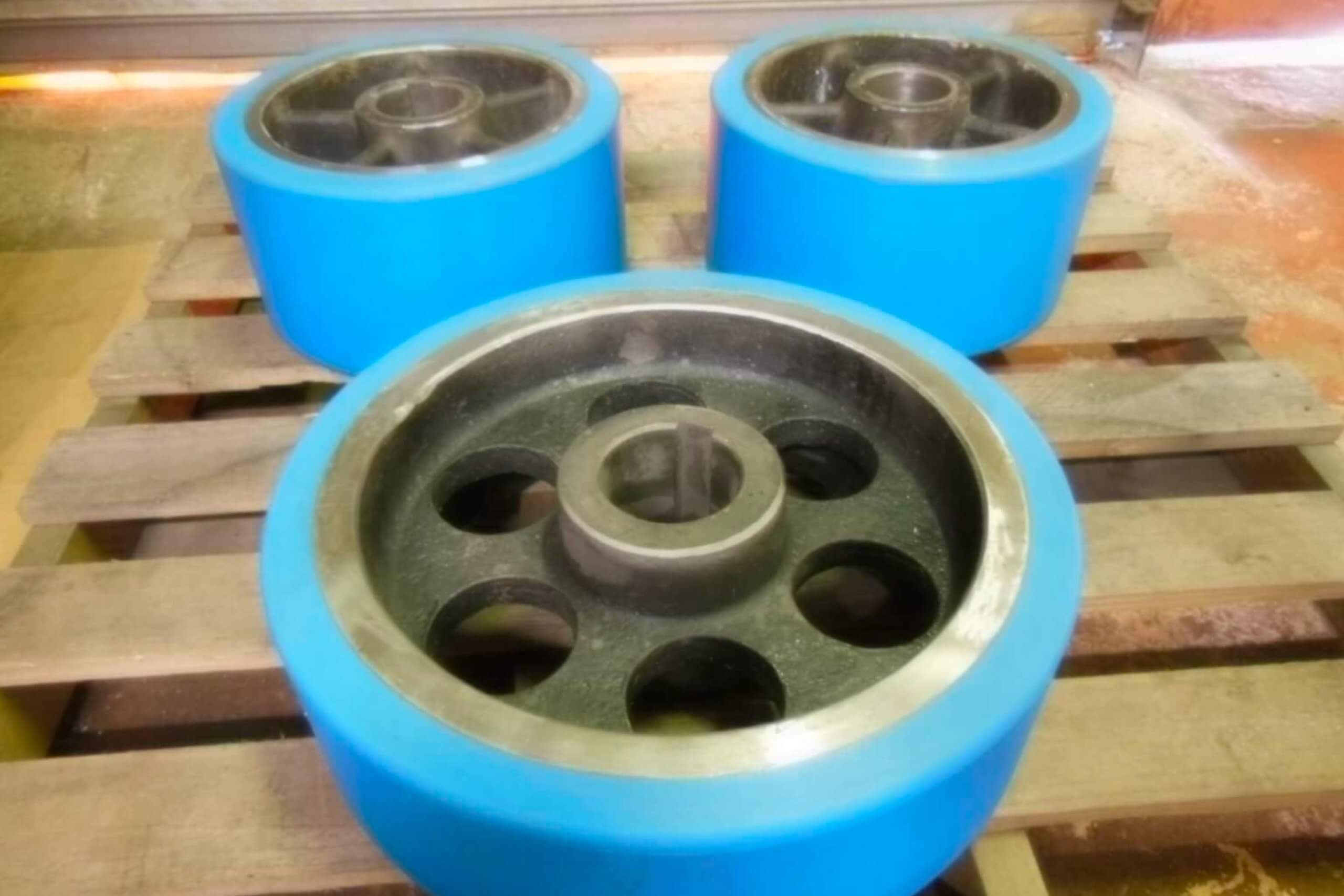 This eco-conscious choice of materials for part production means it is possible to find places where its components are put to good use.
This eco-conscious choice of materials for part production means it is possible to find places where its components are put to good use.
For example, Custom Moulded Polyurethane provides a service to recycle used wheels and rollers. That’s because we have so many contracts with clients who need this type of part, but who replace wheels and rollers due to updates and repairs elsewhere on the machinery they use.
The redundant wheels and rollers we collect are deconstructed, and the core chemical components are reused to make more high-quality polyurethane parts.
Related article: How Polyurethane helps Heathrow Airport run
Do polyurethanes release toxins?
This is another of the lingering myths about polyurethane. Of course, working with chemicals can be hazardous, but experienced polyurethane moulding companies know exactly how to manage any safety issues.
However, the fact is that creating polyurethane to order does not release toxins into the air. Nor are finished PU parts and products potentially harmful. Especially as polyurethane doesn’t flake, or shred, even under intense abrasion and friction.
Nothing that goes into polyurethane manufacturing constitutes a risk to human health either if it does find its way into soil or water!
The safety factors of polyurethane ensure it’s a great material for making toys, and furniture, for example, including foams in chairs and mattresses.
Related article: What is street furniture and what is it made from?
Should more sustainable companies use polyurethane
We are naturally biased, but we do believe that awareness about the advantages of polyurethane is growing. Including its potential to be an eco-conscious choice for specifiers.
This is why we are working with clients on the lifecycle of parts made from PU, to add even more credibility to its sustainability.
These important eco-advantages could well mean polyurethane is used in even more places in the future. Including some new ideas to use polyurethane. Such as innovative waterproof construction and home improvement materials, protective clothing and even robust but attractive bookshelves!
How to make my engineered parts more sustainable
To discuss the best ways to produce eco-friendly parts, and all the other advantages of commissioning polyurethane moulding and expert finishing, please get in touch.
Also, don’t forget our role in recycling wheels and rollers made from polyurethane.
Lastly, watch this space for more ways we find to recover PU ingredients and divert parts going to landfill, as our own eco-credentials grow!
Want to find out how much it will cost to make your products?
